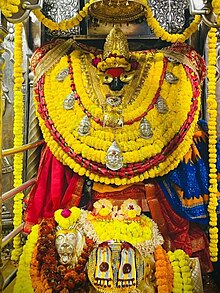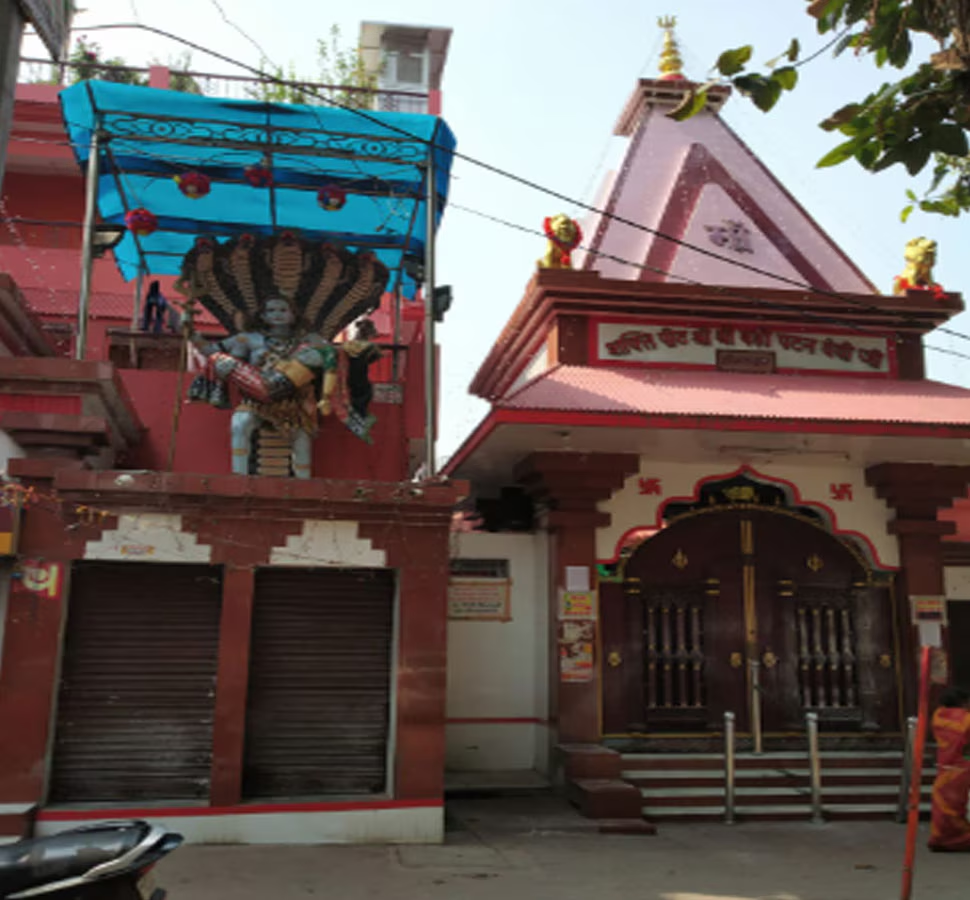From Temples to Homes: The Role of Rituals in Hindu Daily Life
[ad_1]
From Temples to Homes: The Role of Rituals in Hindu Daily Life
Hinduism, one of the world’s oldest religions, is distinguished not merely by its theological doctrines but also by a rich tapestry of rituals that permeate daily life. Unlike many religious practices confined to formal worship in sacred spaces like temples, Hindu rituals extend seamlessly into the domestic sphere, embodying the intricate relationship between the spiritual and the mundane. This article explores the significance of rituals in Hindu daily life, illustrating how these practices bridge the spiritual and the secular from temples to homes.
The Essence of Rituals
Rituals in Hinduism serve multiple purposes. They are expressions of devotion, instruments for personal and communal harmony, and mechanisms for fostering moral and ethical values. Rooted in ancient Vedic texts, rituals can range from highly elaborate ceremonies conducted in temples to simple daily practices observed at home.
Temples as Centers of Spirituality
Temples are vital in Hinduism, serving as communal hubs where individuals come together to worship deities, seek blessings, and participate in community life. Rituals performed in temples—such as puja (worship), aarti (light offering), and various festivals—are rich in symbolism and meaning. Each movement and chant is a reminder of the divine presence and a call to connect with the transcendent.
The temple experience is multi-sensory; the fragrance of incense, the sound of bells, and the sight of colorful decorations create an atmosphere conducive to spiritual communion. For many adherents, these temple rituals are a crucial aspect of their faith, offering an opportunity for guidance, renewal, and collective identity.
Rituals at Home: Daily Sanctification
While temple rituals draw collective engagement, Hinduism also places immense importance on domestic rituals. Homes themselves are viewed as sacred spaces, and daily practices infuse spiritual significance into everyday life. The puja at home, often held in dedicated spaces known as puja rooms or altars, reflects a personal expression of devotion.
Each morning, many Hindus perform rituals like sandhya vandanam (prayers at dawn and dusk) or simple offerings of puja, which can include flowers, water, and food. These acts serve as an acknowledgment of the divine in the household and help establish a sanctified routine that promotes mindfulness and gratitude.
Festivals: Community and Celebration
Rituals are especially prominent during Hindu festivals, which are celebrated with gusto in homes across India and the diaspora. Festivals like Diwali, Navratri, and Holi incorporate elaborate rituals that not only venerate deities but also strengthen familial and community bonds. Preparations for these occasions often begin days in advance with cleaning, decorating, and cooking, turning homes into sanctuaries of festivity.
During these times, rituals transcend personal devotion; they become communal celebrations—homes overflow with visitors, and neighbors participate in each other’s joy. The sharing of food, gifts, and rituals serves to cement social ties, reinforcing the idea that spirituality and community are interwoven aspects of life.
Pilgrimages and Ritual Journeys
Beyond the confines of home, rituals in Hinduism also involve pilgrimages to sacred sites known as tirthas. These journeys are transformative experiences, enabling one to engage with spirituality on a deeper level. The rituals involved—such as bathing in sacred rivers, performing samskaras (rites of passage), or attending festivals and celebrations—provide not just spiritual fulfillment but also a sense of belonging to a larger religious community.
Conclusion: The Dynamic Dance of Rituals
From temples to homes, the role of rituals in Hindu daily life is both intricate and profound. These practices, whether extensive and communal or simple and personal, create a continuity of faith that shapes individual identities and collective beliefs. As carriers of cultural heritage, rituals link generations past with the present, providing frameworks within which spirituality is cultivated.
In a rapidly changing world, the significance of these rituals remains steadfast, offering consolation, structure, and a sense of purpose. As adherents continue to navigate the complexities of modern life, the undeniable embrace of rituals ensures that the sacred continues to exist in the everyday, threading the divine into the very fabric of human existence. In this dance between temples and homes, the heart of Hindu spirituality pulsates, a testament to the religion’s profound resilience and adaptability.
[ad_2]






